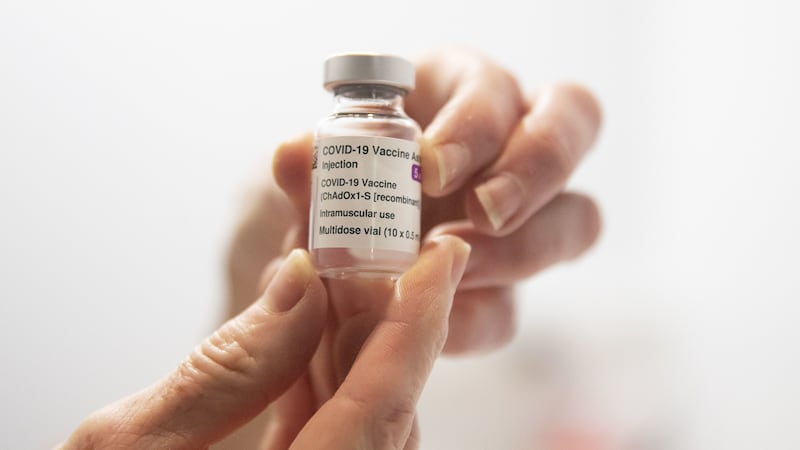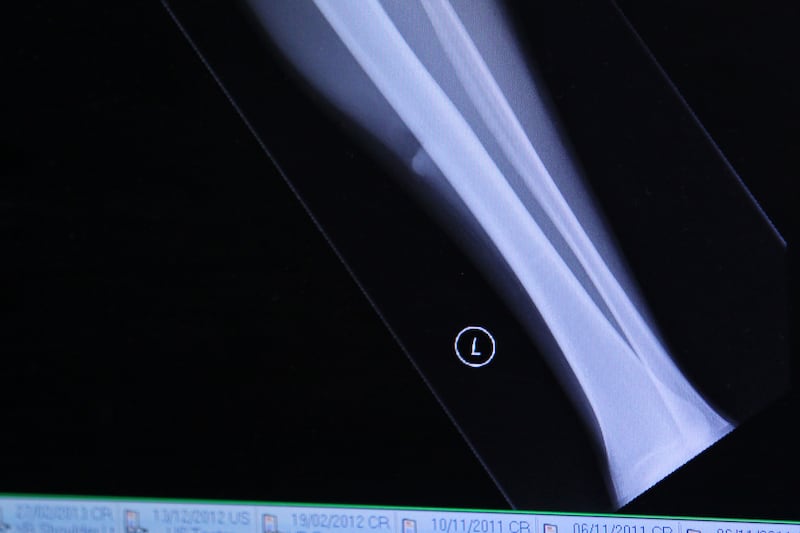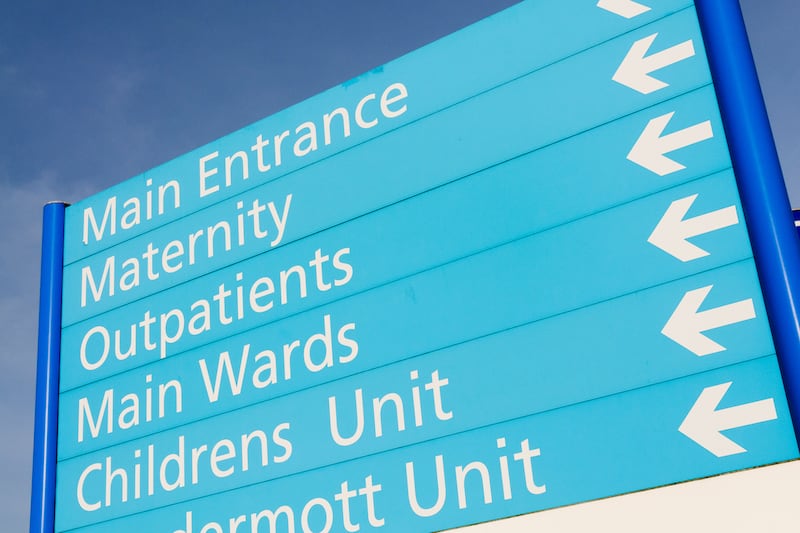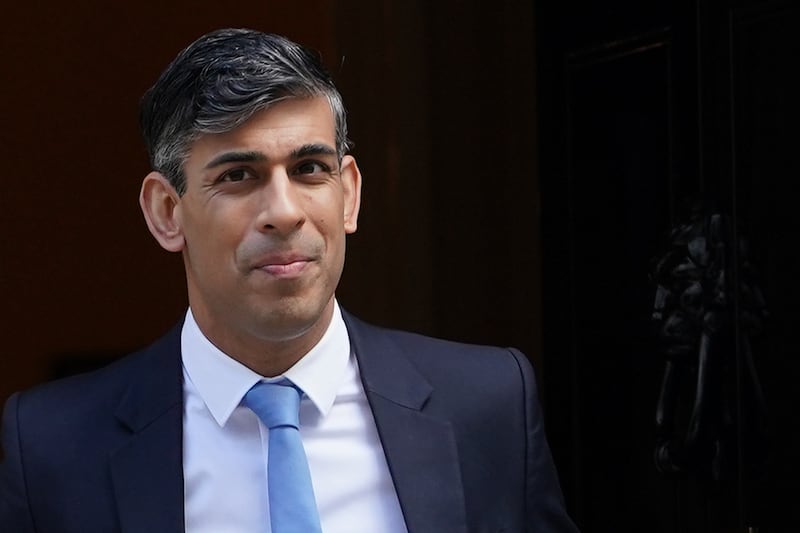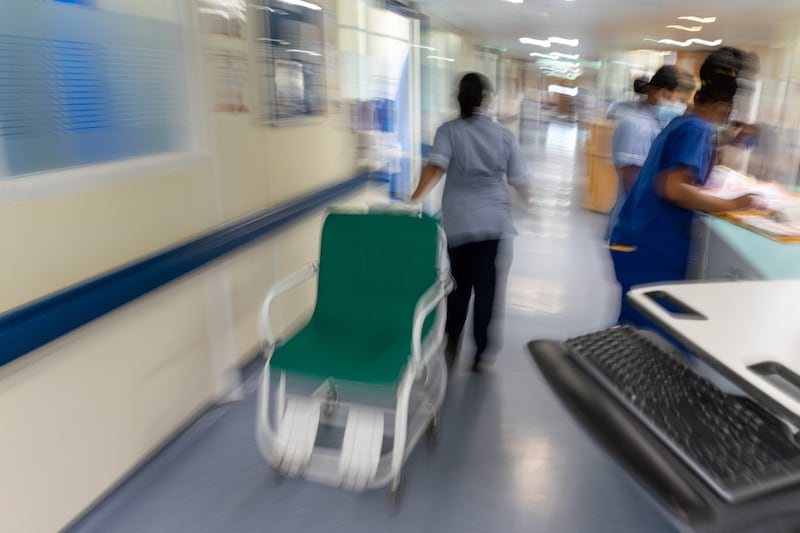There is an “imperative” need to ensure that poorer countries have quicker access to Covid-19 vaccines, leading scientists have said.
The researchers behind the Oxford/AstraZeneca Covid-19 vaccine, as well as other leading epidemiologists and experts, have called on G7 leaders to take leadership on vaccine equity.
In a letter, published in The BMJ, experts said that in some countries less than 1% of adults have had their first jab.
It comes as the UK celebrated reaching the milestone of giving the first dose to 70% of its adult population.
On Tuesday, the director of the Oxford Vaccine Group said that it is “morally wrong” to offer Covid-19 jabs to children in wealthy countries when high-risk groups in poorer nations remain unvaccinated.
Professor Andrew Pollard, who helped develop the Oxford/AstraZeneca Covid-19 jab, told the All Party Parliamentary Group on Coronavirus that children had a “near-to-zero” risk of severe disease or death from Covid-19 and that global vaccine inequity was “plain to see”.
The new letter, which is co-signed by Prof Pollard, his colleague Professor Sarah Gilbert and Professor Neil Ferguson, among others, states: “It is now imperative that we put in place a financial plan of action for achieving the vaccine equity needed to save lives, restore hope, and overcome the pandemic.
“You will be meeting against a distressing backdrop. Covid-19 infections are running at a record high and deaths are rising. The Director General of the World Health Organization has warned that deaths in 2021 could surpass the levels reached last year.
“The human suffering continues to unfold on an international scale. Many countries are today struggling with high transmission rates, over-stretched intensive care units, and desperate shortages of oxygen.”
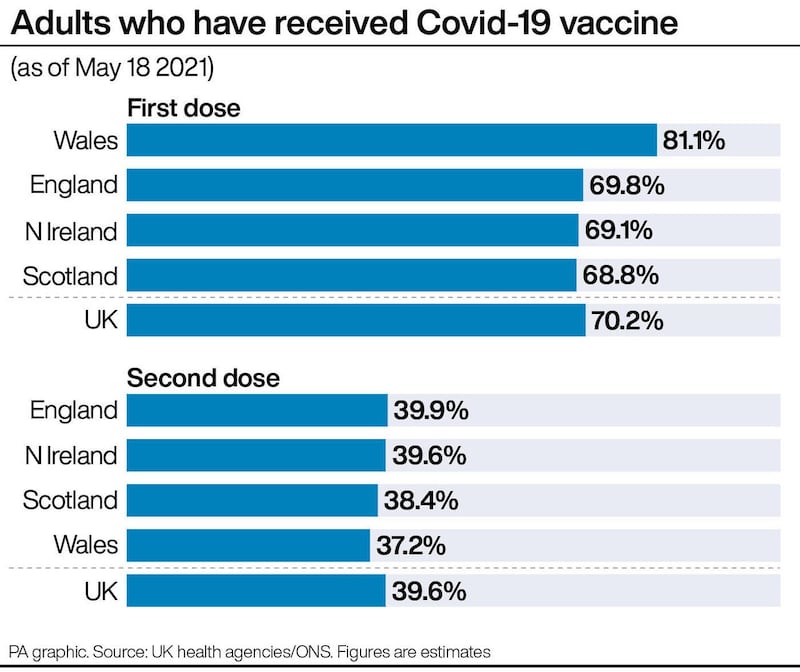
They added: “Our concern is that vaccines are trickling down too slowly to poor countries. As wealthy countries move towards coverage rates of 70% and above, coverage across sub-Saharan Africa remains less than 1%.
“The vaccine gap between rich and poor countries is growing by the day. Changing this picture is an ethical imperative. It is also an epidemiological necessity. ”
The authors said that so-called “vaccine nationalism” was “self defeating”, adding: “The phrase ‘none of us are safe until all of us are safe’ is not a political slogan, but a scientific fact.”
They said that 66 billion US dollars is needed to supply the world with vaccines, calling on the countries countries attending the G7 summit in June to agree to cover around 43 billion dollars over two years.
Health Secretary Matt Hancock said the UK had probably done more than any other nation to vaccinate the world’s poorest against coronavirus.
He told a Downing Street press briefing on Wednesday that of the almost 1.5 billion vaccine doses given worldwide, more than 400 million of them were the Oxford-AstraZeneca jab.
Mr Hancock said it had been delivered in 160 countries and two-thirds of the doses had been given to people in low and middle-income countries.
He added: “We have donated over half-a-billion pounds to Covax which has now delivered life-saving Covid-19 vaccinations in 120 countries and territories.
“But, over and above our cash commitment the UK has probably done more than any other nation to help vaccinate the world’s poorest and that’s thanks to the gift to the world of the Oxford-AstraZeneca vaccine which is available at cost.
“It is something every British taxpayer has had a part supporting and everyone in this United Kingdom should be incredibly proud of it.”
He added: “The biggest thing the UK has done for the whole world, including India, is by developing and deploying the Oxford AstraZeneca vaccine at cost , it means that effectively we have supported the vaccination programme of over 400 million people including over 170 million people in India.
“So we can be very proud of the part that we have played in tackling this around the world.”
